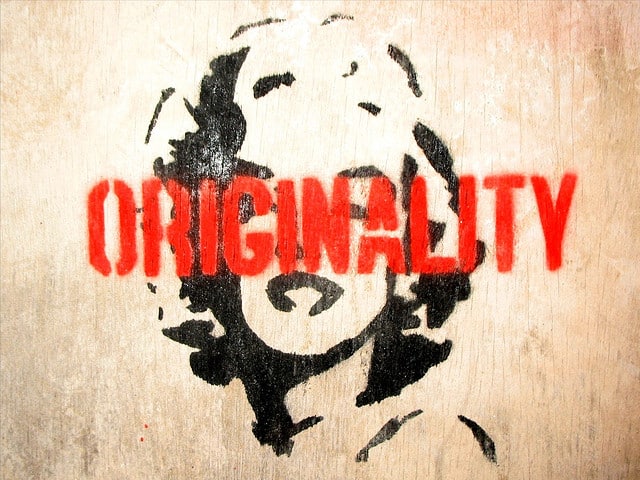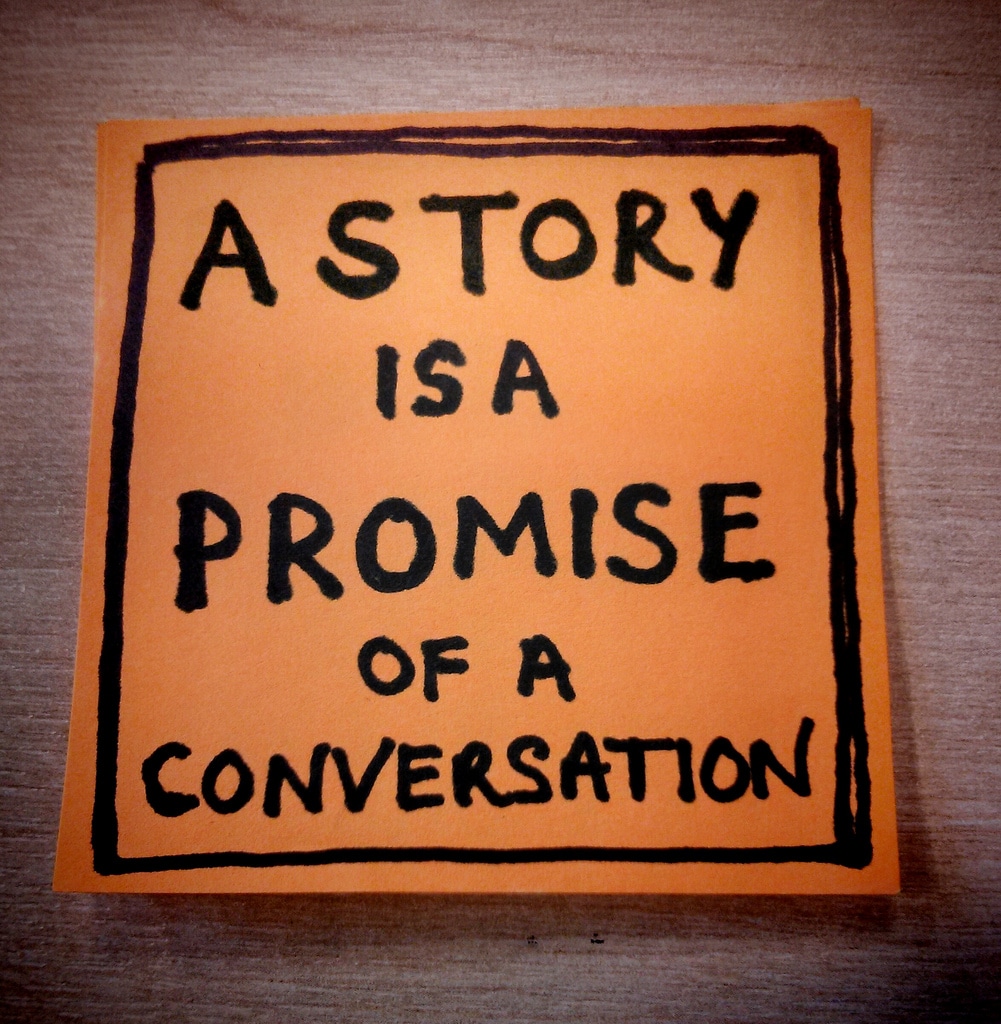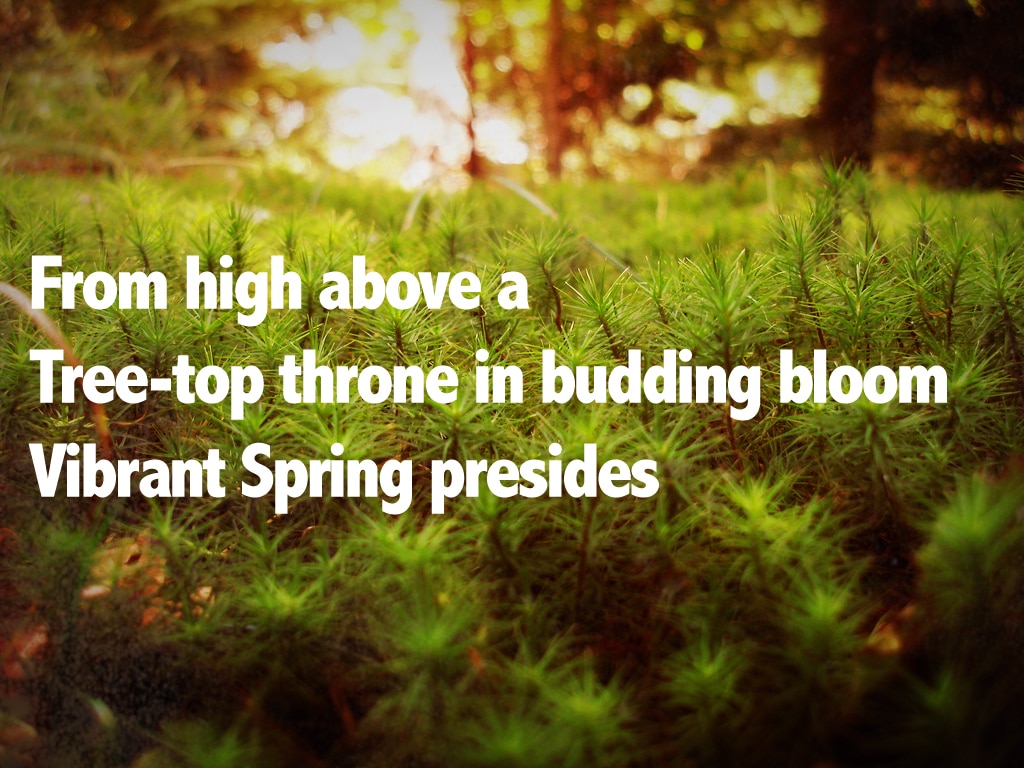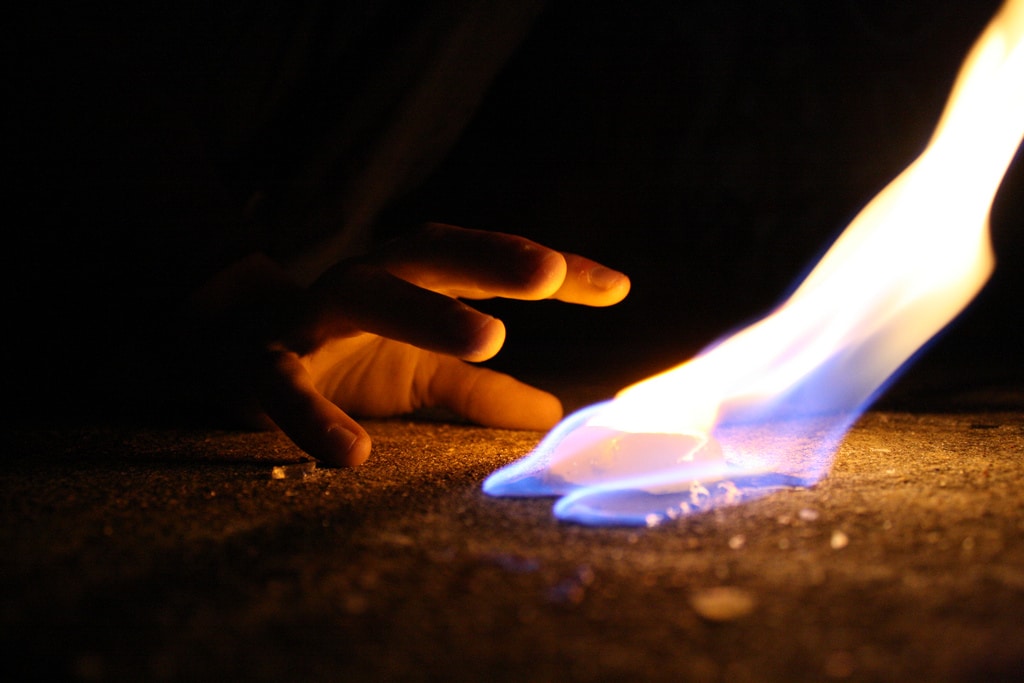
by Sophie Novak |
It seems one of the most neglected considerations in writing is form. Everything else screams for more attention: chosen topic(s), subtheme(s), genre, characters, plot, voice, style. As for form itself, the decision usually goes along the lines of choosing whether to be a short story, a poem, a play or a novel. From there on, you’re supposedly not to think much about it, except how to structure the plot and cliff-hangers in the whole story.
Rather than following familiar schemes, you can experiment and find your own specific way. In this age of radical change, form can also be a widely explored phenomenon.

by Sophie Novak |
Everyone wants to be original. Fact. And yet how hard do you strive towards being original? How can you tell if you are or aren’t? Who’s the judge of your work?
These are questions that bother me daily and cloud over my work. It’s not easy to get through. You can rationalize: my work is unique, because nobody else can do it exactly like I did. This is true, and yet so many books look like copies of one another, old-fashioned themes, clichéd choice of phrases and sentences.
Is it enough? I personally don’t think it is.

by Sophie Novak |
Flash fiction has been the most widely growing fiction phenomenon in the 21st century, with its roots and great popularization in Canada and the US. The reason for the popularization of shorts is straightforward enough: people want fast bites in these dynamic and time-restrictive times.
What’s more important to pinpoint, though, is the superior nature of writing flash fiction. It’s condensed meaning in the shortest possible prose form. Microfiction is about lyrical writing. Just like in poetry, every word should have appropriate weight; bring that ‘magical’ element to the story.

by Sophie Novak |
Have you ever considered writing haiku? What can you gain from practicing this lovely craft?
Haiku or ‘exotic verse’, as some prefer to call it, dates back to 16th century Japan, though in the English-speaking world it has only been present for the last 130 years or so. It’s increasingly building up interest in the West, thus nowadays haiku is the most popular form of poetry on the web.
How to define it?

by Sophie Novak |
I recently finished reading the Nobel Prize winner José Saramago’s Death with Interruptions. It fascinated me in countless ways: the style uniqueness, easy flow, ideas represented, underlying themes, references. What’s so special about it? Well, it’s an allegorical story about what could happen if people suddenly stopped dying. Straight and simple, and yet complicated.
An allegory is a literary genre concerned about principals and ideas represented abstractly. So how do you go about it? Consider three basic steps towards writing one.







